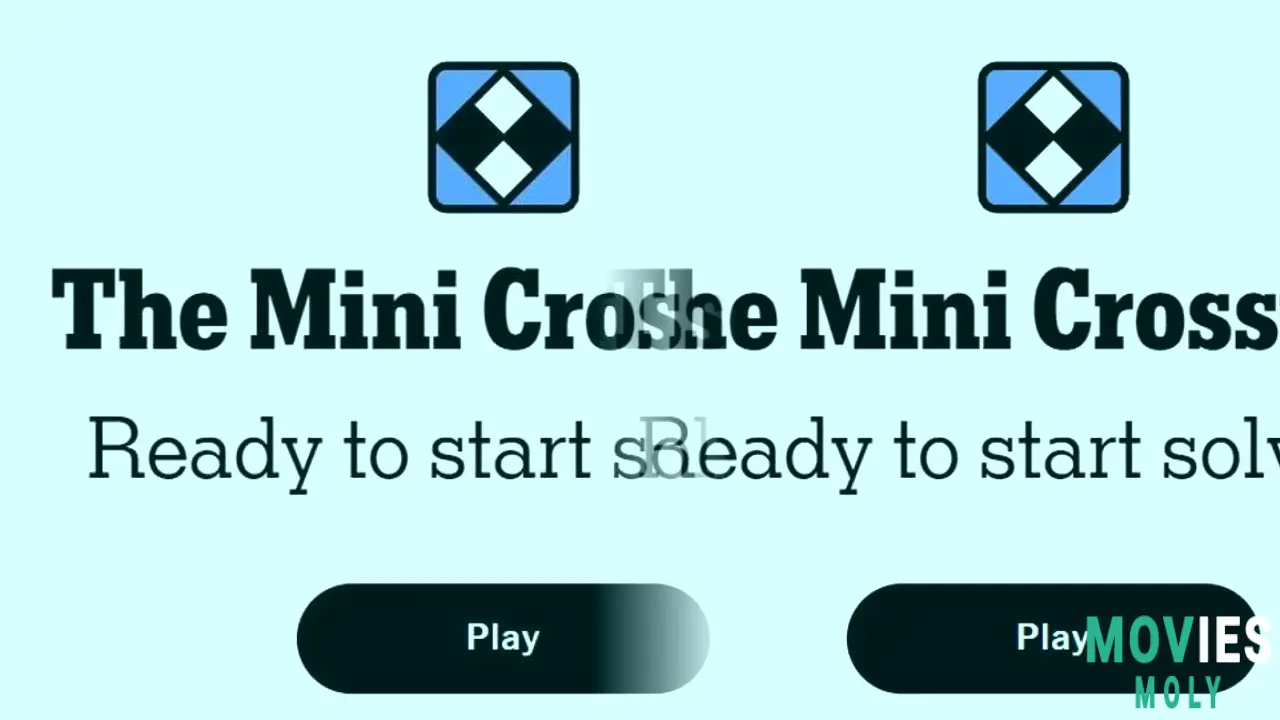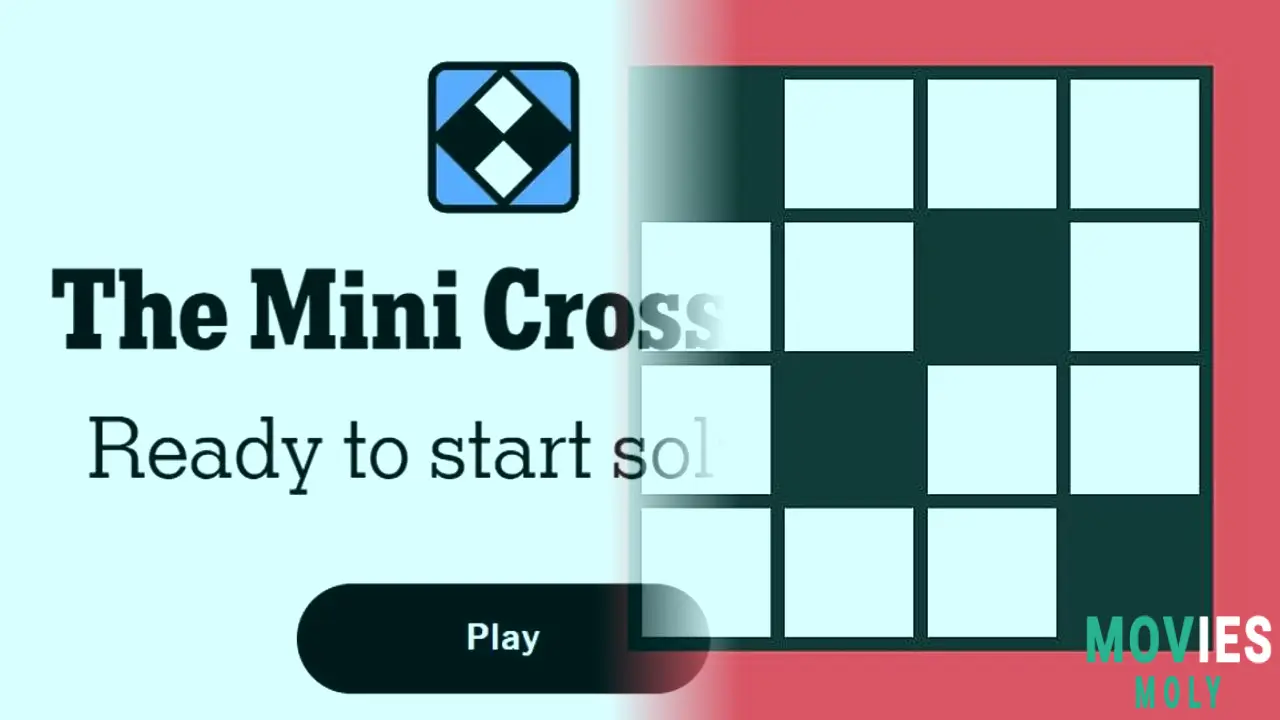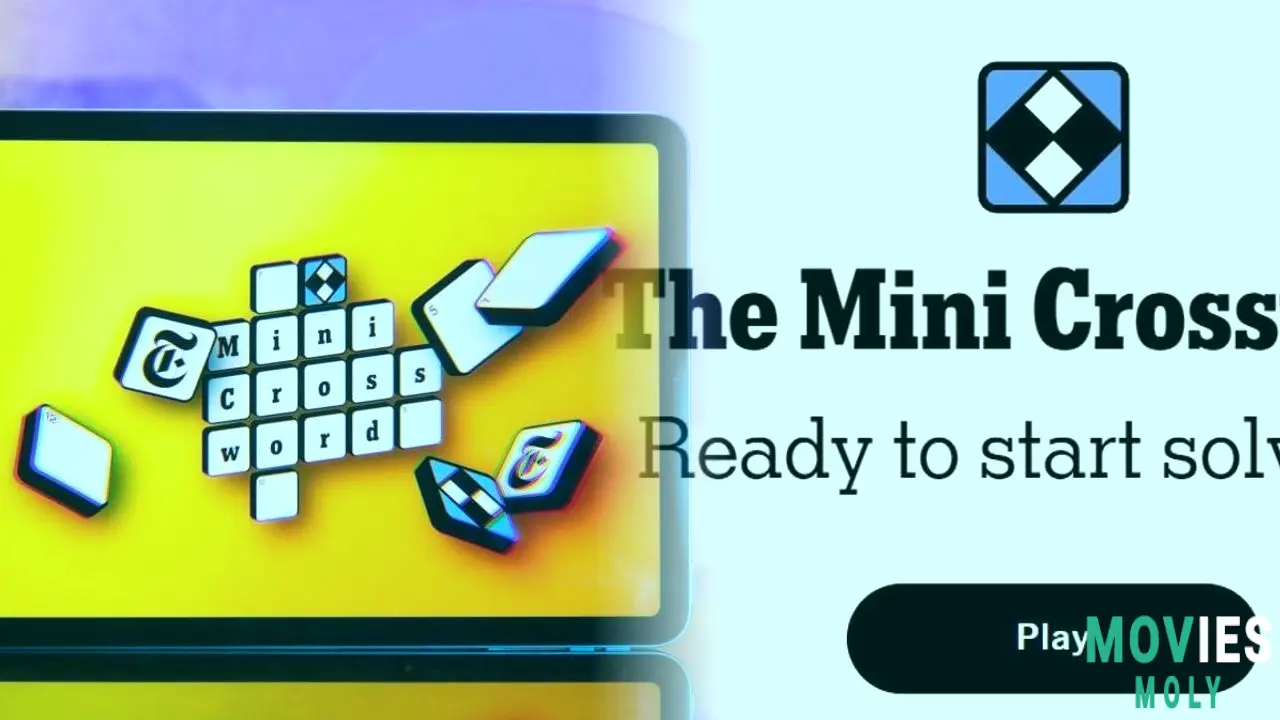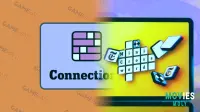If you are anything like me, your day often starts with a quick check on the latest Nyt Mini Crossword. This small puzzle has a way of hooking you. It feels like a quick burst of mental exercise before the real world gets going. Sometimes, a clue comes along that stops you right in your tracks. The recent one about "Language heard in Bangkok" certainly did that for some folks. It is a perfect example of how these bite-sized puzzles can test your knowledge in unexpected ways, even if you are usually great at them.
The Mini is a smaller version of The New York Times' famous daily crossword. While the bigger puzzle takes a lot of time and patience, the Mini is a completely different experience. It has only a few clues to answer. This means it becomes a speed test for many people who play it daily. So, when a tough clue pops up, it can really mess up your flow. If you found yourself stuck on that Bangkok clue, or any other, you are certainly not alone. It is part of the charm of the game.
That clue, "Language heard in Bangkok," might seem simple at first glance. But for many, it makes you pause. Bangkok is a huge city, a bustling center. What language would be most common there? The answer is straightforward once you know it. It is THAI. This little clue, tucked into a five-by-five grid, opens up a whole world of geography and linguistics. It reminds us that these puzzles are more than just words. They are little trips around the world and through our own brains.
Unpacking The Cleverness Behind The NYT Mini Crossword's Language-Focused CluesWhy A Seemingly Simple Question About A City's Language Can Be So Surprising
The May 29th Mini Crossword had a real focus on languages. It was not just Thai. There were other clues about language families and words from different parts of the world. For example, "Language family that includes Swahili" was BANTU. "Language from which we get 'pajama' and 'khaki'" was URDU. And "Language that’s third in number of worldwide speakers, after English and Mandarin" turned out to be HINDI. These clues show that the puzzle creators love to weave in cultural details with vocabulary. It is a mix of trivia and wordplay that keeps things fresh.
I always find it interesting how a small grid can cover so much ground. From Asian capitals to African roots, the answers make you think. Sometimes, you know the answer right away. Other times, you have to think it over. It is like a small challenge every morning. That is what makes the Mini so good at testing your speed and quick thinking. It is not just about knowing the answers. It is about how fast you can connect the dots in your mind. This rapid fire thinking is part of what makes it so engaging.
The Mini does a good job of mixing different kinds of clues. There are straightforward ones and then there are those that make you smile. Like "Small amount of Manhattan?" which was SIP. That is the kind of clever wordplay I enjoy. It is not always about big, academic words. Sometimes, it is about everyday language used in a smart way. This balance makes the puzzle fun for many different people. It keeps the tradition of crosswords alive while making it feel modern and quick for our busy lives.
The Daily Ritual of The Mini Crossword and Its Connection to Our Knowledge Base

From Speed Tests To Learning Moments, The Daily Puzzle Offers More Than Just Fun
For many, the NYT Mini Crossword is a daily habit. It is a quick mental workout. It is something you can do while waiting for your coffee to brew or on your commute. It does not take long to complete. This makes it perfect for a world where everyone is on the go. But sometimes, when a clue like "Language heard in Bangkok" comes up, it becomes more than just a speed test. It becomes a small learning moment. You might not have known the answer immediately, but now you do. That is a pretty good way to start your day, I think.
I find that these language clues are especially rewarding. They make you think about how connected our world is. Words and languages travel across continents. They influence each other. A small clue about a language spoken in a faraway city can remind us of how diverse human communication is. It is a tiny window into a bigger world. It also makes you feel smart when you get it right. That little boost of confidence can carry you through the rest of your morning.
The puzzle keeps things interesting. It is not always about history or geography. Sometimes it is about daily sayings or cultural references. This mix means you never quite know what to expect. This surprise is part of the fun. It means you have to be ready for anything. Your brain has to switch gears quickly. This keeps it from becoming boring or repetitive. I believe that is why it has such a strong following. It provides a consistent, enjoyable challenge every single day.
The Growing Popularity of Quick Puzzles and The NYT Mini's Place In It All

Why More People Are Turning To Short Daily Brain Teasers For Their Entertainment
The NYT Mini Crossword has gained a lot of fans. It offers a quick and easy way to engage your mind. Unlike its larger counterpart, which can take a long time to finish, the Mini is perfect for a short break. It fits into pockets of time throughout the day. This accessibility is a big reason for its popularity. You do not need a lot of time. You just need a few minutes and a willingness to think.
The puzzle is free to play on The New York Times website or their games app. This also helps it reach a wide audience. You do not need to pay anything to try the latest daily puzzle. This ease of access encourages more people to give it a try. And once you start, it is easy to get hooked. That little feeling of success when you fill in the last box is quite satisfying. It is a small victory that can brighten your day.
The community around these puzzles is also a reason for their success. People often share their times or discuss tricky clues on social media. This creates a sense of shared experience. You are not just solving a puzzle alone. You are part of a bigger group of people who enjoy the same daily mental workout. It is a simple thing, but it brings many people together. This connection is something special in our often-disconnected world.
The NYT Mini Crossword keeps building on its success. It offers a clear blend of linguistics and clever references. From Asian cities to African roots, the clues reward both what you know and how curious you are. As time goes on, the challenges continue to come. One grid at a time, this small crossword keeps minds busy and mornings interesting. The puzzle waits again tomorrow. New clues, new answers, and the same fast-fun format. A few minutes, a few brain sparks, and a daily dose of smart entertainment.



